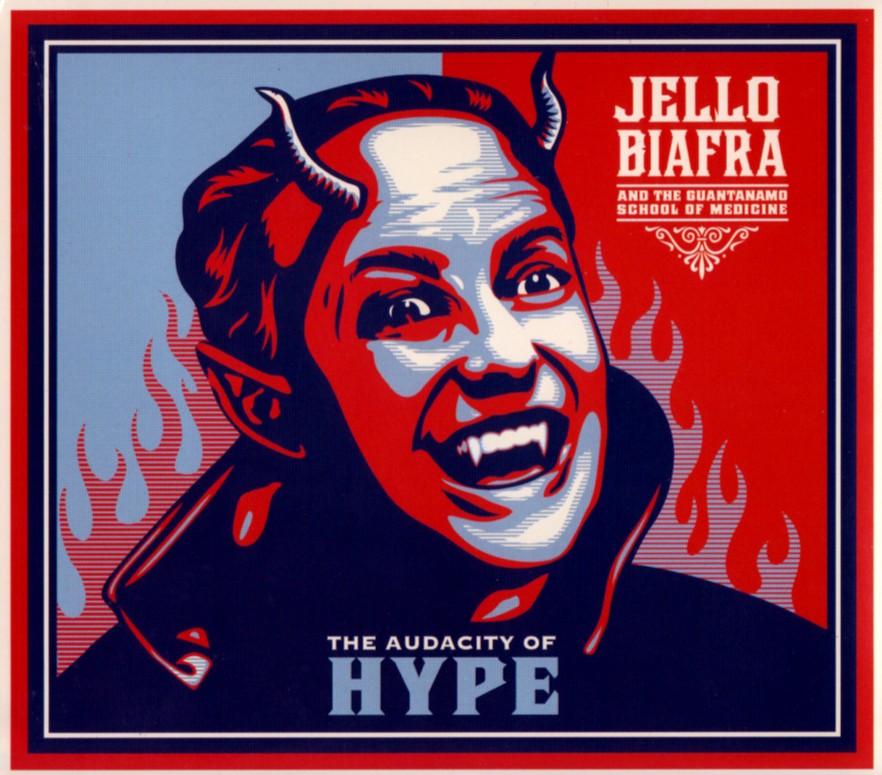Yes, this is essentially what I'm looking at. I'm trying to figure out what other kinds of analogues to Communism and Marxism could develop and how they would differ from OTL. We might get similar movements taking on and adopting different aspects of Hegelianism as to speak.
Hegel´s great contribution is his view of history. It´s messianic, sort of. The world is on a certain path towards completion. It is completely Hegelian of Marx to see the history as a struggle between proletariat and patriarchs, with the final outcome a communistic society.
But that sort of thinking is also in the Zeitgeist (I´ll completely rape this word during this discussion

), I mean the 19th century idea of progress and rationality conquering all. Marxists weren´t the only ones who saw humanity heading towards a rational utopia.
One interesting idea pops up. What if the leading socialist thinker of the 19th century would be someone who saw history as a never ending struggle, with no final outcome, only brief periods of proletarian or patrician hegemony?
That kind of semi-dystopic history never ends way of thinking is maybe a little too 21st century, post-Hegelian

Nah, let´s see though. Maybe Marx´s idea of communist revolution, or Francis Fukuyama´s idea of liberal democracy´s final victory don´t have Hegel to blame for, but christianity? Seeing history as a vicious circle, or a circle is most definitely not very western way of thinking. (At least not 19th century western).
Of course Hegel doesn´t only influence political thought but also aesthetics. However, only question at a time.
